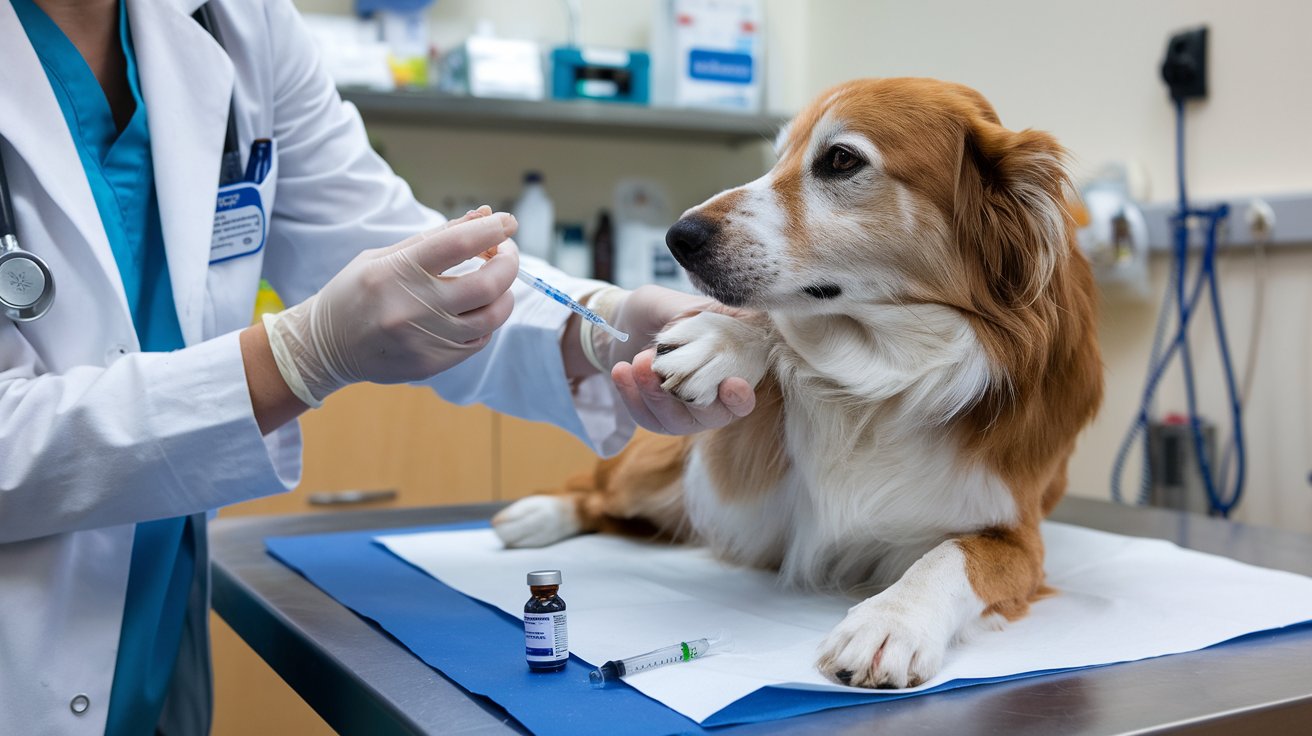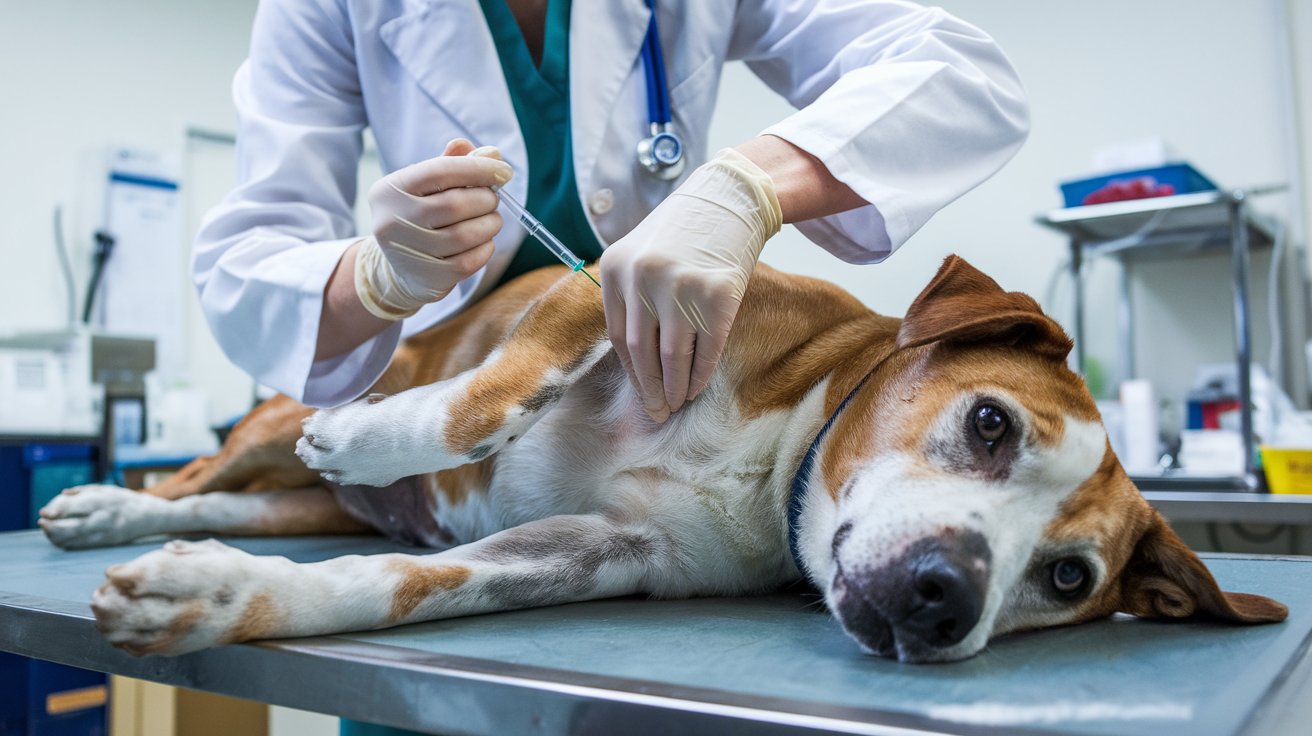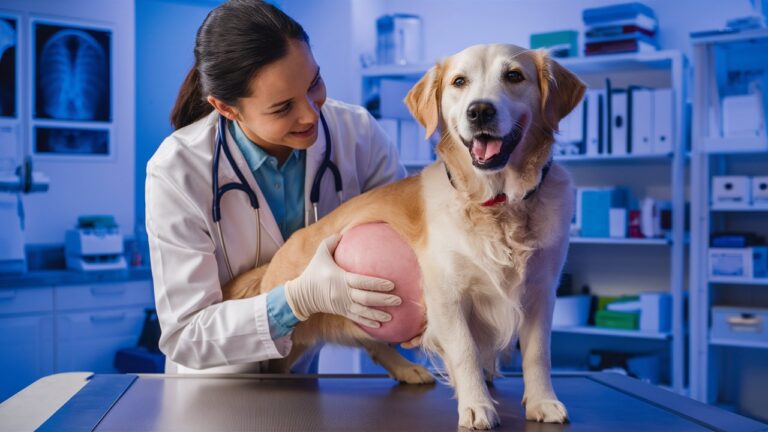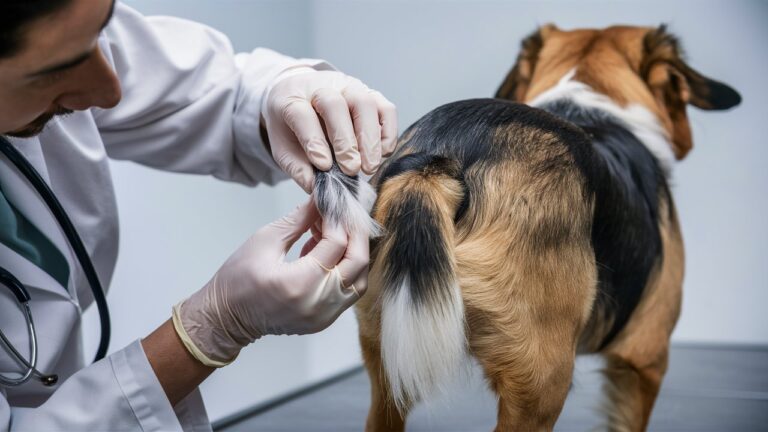Dog Vaccinations 100% Ultimate Guide: Must-Know for Safety
Taking care of your Dog Vaccinations goes far beyond daily walks and regular feeding. One of the essential aspects of pet ownership that many overlook is vaccination. Just like humans, dogs require a series of vaccinations to help protect them from various diseases, some of which can be fatal. In this comprehensive guide by OnlyDoggyDays, we’ll dive deep into everything you need to know about dog vaccinations, their importance, and how you can make informed decisions to keep your beloved pet healthy and safe.
Why Are Dog Vaccinations Important?

Vaccinations are a crucial part of preventive healthcare for dogs. They work by stimulating your dog’s immune system to fight off specific diseases. When your dog is vaccinated, it receives a small, safe dose of the virus or bacteria, which prompts the immune system to create antibodies. These antibodies help recognize and attack the real virus or bacteria if your dog is exposed to it in the future.
Real-Life Experience
When I first got my puppy, Bella, I was overwhelmed with the long list of vaccinations she needed. I wondered if they were all necessary. However, my vet explained the risks involved, and it quickly became clear how essential these vaccines are. Bella had a close call with kennel cough when we missed a booster, reminding me just how important it is to stay on top of vaccinations.
Core Vaccines vs. Non-Core Vaccines
Vaccines for dogs are categorized into two main types: core vaccines and non-core vaccines. Understanding the difference can help you and your veterinarian decide on the most appropriate vaccination schedule for your dog.
Core Vaccines
Core vaccines are recommended for all dogs, regardless of lifestyle, as they protect against highly contagious and potentially fatal diseases. These include:
- Rabies Vaccine:
- Why it’s important: Rabies is a deadly virus that can infect both animals and humans. It attacks the central nervous system, leading to severe symptoms and death.
- When to give: Usually administered at 12 to 16 weeks of age, with a booster shot after one year and then every one to three years depending on local regulations.
- Distemper Vaccine:
- Why it’s important: Distemper is a viral disease that affects a dog’s respiratory, gastrointestinal, and nervous systems. It can be fatal, especially in puppies.
- When to give: Given as part of the DHPP vaccine (Distemper, Hepatitis, Parvovirus, and Parainfluenza), starting at 6 to 8 weeks of age, with boosters every 3 to 4 weeks until 16 weeks old.
- Parvovirus Vaccine:
- Why it’s important: Parvovirus is highly contagious and affects a dog’s gastrointestinal tract, causing severe vomiting and diarrhea. It can be fatal without prompt treatment.
- When to give: Included in the DHPP vaccine schedule.
- Adenovirus (Hepatitis) Vaccine:
- Why it’s important: Adenovirus type 1 can cause infectious canine hepatitis, a severe liver infection. It is often included in the DHPP combination vaccine.
Non-Core Vaccines

Non-core vaccines are given based on the dog’s risk factors, including lifestyle, environment, and exposure to other dogs. These include:
- Bordetella (Kennel Cough) Vaccine:
- Why it’s important: Bordetella bronchiseptica is a bacteria that causes kennel cough, a highly contagious respiratory disease. It’s especially common in dogs that frequent kennels, groomers, or dog parks.
- When to give: Typically administered as a nasal spray or injection every 6 to 12 months, depending on exposure risk.
- Lyme Disease Vaccine:
- Why it’s important: Lyme disease is transmitted through tick bites and can cause joint pain, fever, and lethargy. This vaccine is recommended for dogs living in tick-prone areas.
- When to give: Given as an initial series of two shots, followed by annual boosters.
- Leptospirosis Vaccine:
- Why it’s important: Leptospirosis is a bacterial infection that can affect both dogs and humans. It is transmitted through contaminated water or soil and can cause liver and kidney damage.
- When to give: Typically administered annually, especially in areas where leptospirosis is common.
Creating a Dog Vaccinations Schedule

A customized vaccination schedule is essential to ensure your dog receives the right protection at the right time. It’s best to work with your veterinarian to tailor a schedule based on your dog’s age, health, lifestyle, and environment.
Puppy Vaccination Schedule
| Age of Puppy | Vaccines Needed |
|---|---|
| 6-8 weeks | DHPP (Distemper, Hepatitis, Parvovirus, Parainfluenza) |
| 10-12 weeks | DHPP, Leptospirosis (optional), Bordetella (optional) |
| 14-16 weeks | DHPP, Rabies |
| 1 year | Booster shots for DHPP, Rabies |
Adult Dog Vaccination Schedule
For adult Dog Vaccinations are typically given every 1 to 3 years, depending on the specific vaccine and the dog’s exposure risk. Regular booster shots are vital to maintain immunity.
Common Side Effects of Dog Vaccinations
Most dogs tolerate vaccinations well, but some may experience mild side effects, such as:
- Lethargy or decreased activity: Your dog may seem a bit tired or sluggish after the shot.
- Mild fever: A low-grade fever may occur as the immune system responds.
- Swelling at the injection site: A small lump may form but usually goes away within a few days.
- Loss of appetite: Your dog might skip a meal or two but should return to normal quickly.
When to Call the Vet
Severe reactions are rare but can include vomiting, diarrhea, difficulty breathing, or facial swelling. If your dog shows any of these symptoms, seek veterinary care immediately.
Cost of Dog Vaccinations
The cost of vaccinations can vary based on where you live and the type of vaccine. On average:
- Core vaccine package: $75 – $150
- Non-core vaccines (per vaccine): $20 – $40
- Rabies vaccine: $15 – $25
While the cost might seem high initially, vaccinations are far cheaper than treating a serious illness. It’s an investment in your dog’s long-term health and well-being.
Personal Story
I remember when my friend’s dog, Max, contracted parvovirus. They hadn’t completed his vaccination series due to financial constraints. Unfortunately, Max ended up spending several days in the emergency vet hospital, and the bills were astronomical. It was a heartbreaking experience that could have been avoided with timely vaccinations.
Debunking Common Myths About Dog Vaccinations
Myth 1: Dog Vaccinations Are Dangerous
While no medical procedure is without risk, the benefits for Dog Vaccinations far outweigh the minimal risks involved. Side effects are generally mild and temporary.
Myth 2: Indoor Dogs Don’t Need Vaccinations
Even if your dog spends most of its time indoors, it can still be exposed to diseases through contact with other dogs, contaminated objects, or pests like ticks and mosquitoes.
Myth 3: Older Dogs Don’t Need Vaccinations
Senior dogs can still be vulnerable to infectious diseases, especially as their immune systems weaken with age. Regular boosters help maintain their immunity.
Tips for a Stress-Free Vet Visit

Many dogs get anxious at the vet, making Dog Vaccinations a challenging experience. Here are some tips:
- Bring their favorite treats: Reward your dog for calm behavior.
- Stay calm and positive: Your dog can sense your emotions, so try to remain upbeat.
- Familiarize your dog with the vet’s office: Take your dog for non-appointment visits to help them get comfortable.
Conclusion
Dog Vaccinations are a vital part of keeping your dog healthy and happy. They protect against serious, often life-threatening diseases and are an essential aspect of responsible pet ownership. By staying informed and working closely with your vet, you can create a Dog Vaccinations schedule tailored to your dog’s needs.
At OnlyDoggyDays, we understand how much you love your furry friend, and we want to help you provide the best care possible. Keeping up with vaccinations is a simple yet effective way to ensure many years of wagging tails and joyful companionship.
Final Thought
Taking Bella for her vaccinations used to feel like a chore, but now I see it as an opportunity to safeguard her health. Every time she gets a clean bill of health from the vet, I’m reminded that it’s all worth it. Vaccinations are a small step that makes a big difference in your pet’s life.


